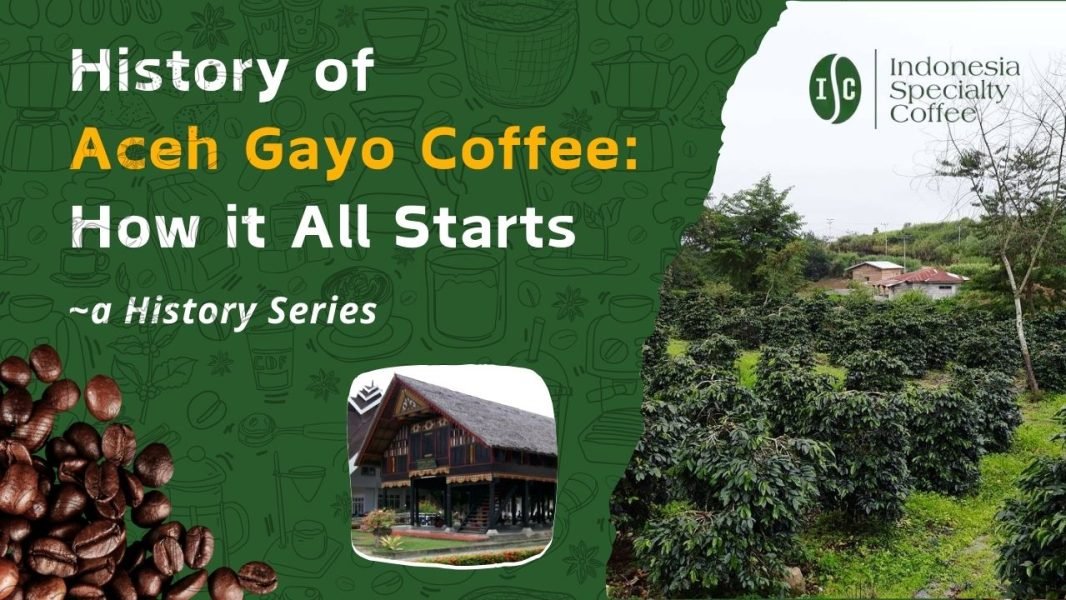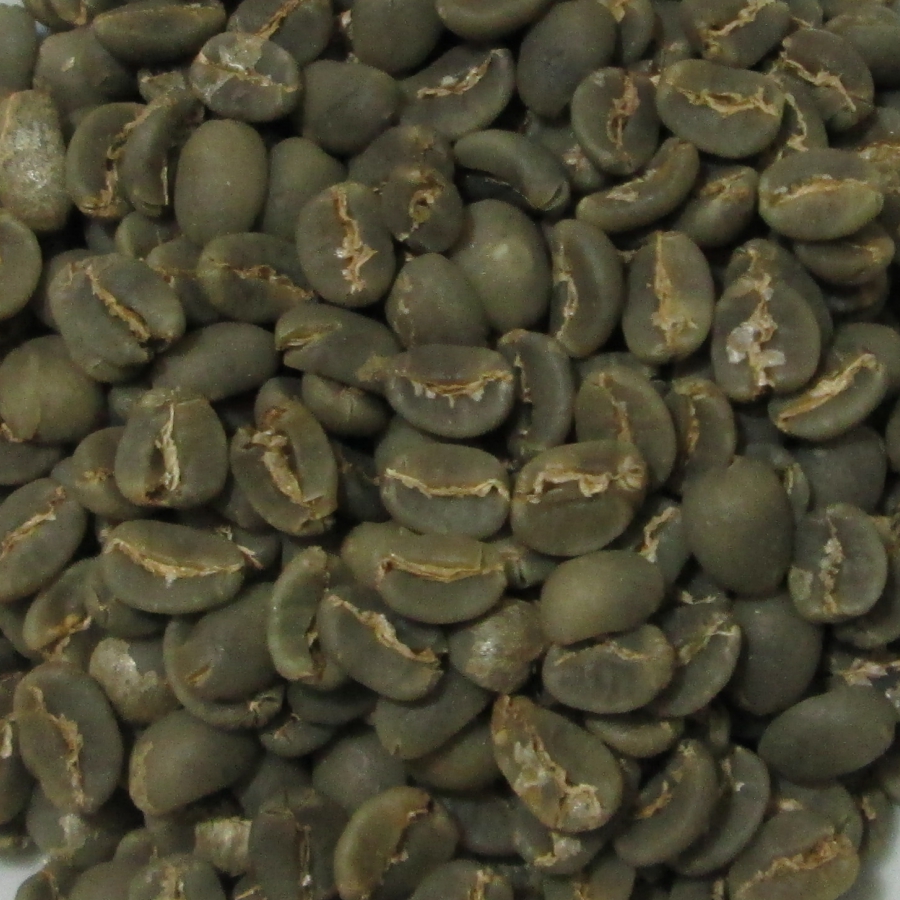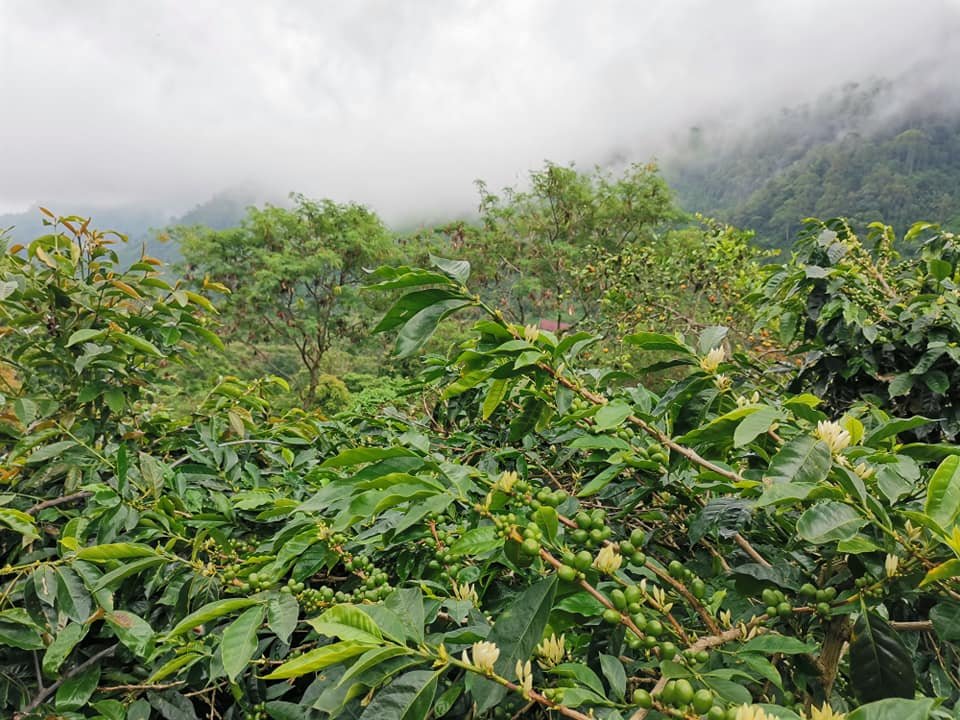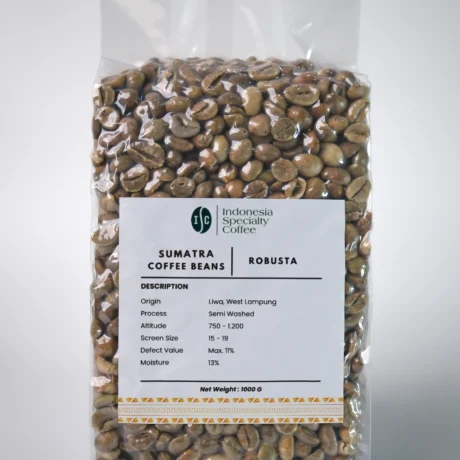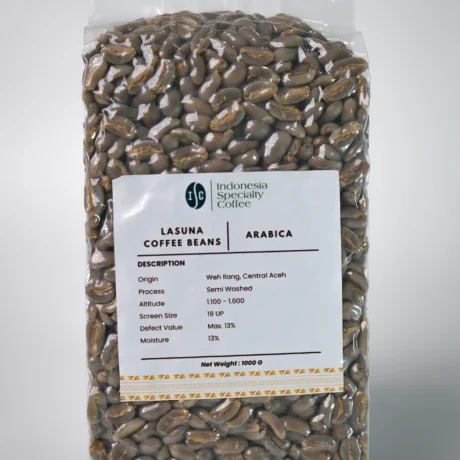Have you ever been curious about the historical background of coffee beans that you favor the most? For me, one of them is Arabica Aceh Gayo Coffee. In this article, I want to share with you the historical background of Gayo Coffee.
~This is a Historical Series of articles on Indonesian Coffee from each region.
A. Colonial Era and Its Impact
The story of Gayo coffee is deeply rooted in Indonesia’s colonial history, particularly during the Dutch colonial period. The socio-political landscape of the region underwent significant transformations following the Dutch declaration of war on the Sultanate of Aceh in 1873. This conflict ultimately led to the defeat of the Acehnese forces, which had profound implications for local agriculture.
Transformation of Agriculture
As a result of the war, the previously dominant pepper plantations were largely abandoned, paving the way for new agricultural ventures, primarily coffee cultivation. This marked the beginning of a new era for the Gayo Highlands, where coffee would emerge as a central crop.
The shift from pepper to coffee cultivation not only altered the agricultural landscape but also set the stage for the socio-economic dynamics that would follow.
<p>
B. Establishment of Coffee Plantations
By 1904, the first recorded coffee plantations in Aceh were established under Dutch direction, marking the onset of systematic coffee cultivation in the region. The Dutch colonial government played a pivotal role in this development, initiating the planting of a coffee estate that spanned 100 hectares in 1908.
Introduction of Labor
To facilitate this new agricultural endeavor, Javanese contract laborers, known as Jawa Kontrak, were introduced to work on these plantations. This labor force was crucial in establishing the coffee industry in the Gayo Highlands, as they brought with them knowledge and experience in coffee cultivation. The introduction of these laborers not only accelerated coffee production but also influenced the cultural practices surrounding coffee farming in the region.
</p>
C. Economic and Social Implications
The coffee grown in the Gayo Highlands, particularly the Arabica variety, was primarily reserved for export, while the local population was largely restricted to consuming robusta coffee. This regulation highlighted the economic disparities fostered by colonial rule and established coffee as a significant export commodity in the region.
Socio-Economic Divide
The focus on export-oriented coffee cultivation created a socio-economic divide, where local farmers were often marginalized in the benefits derived from their labor. However, as cultivation practices evolved, the Gayo community began to adopt traditional methods of coffee production characterized by organic farming practices that eschewed synthetic fertilizers and pesticides.
This shift not only enhanced the flavor profile of the coffee produced but also allowed local farmers to reclaim some agency over their agricultural practices.
</div>
D. Evolution of Cultivation Practices
The geographical advantages of the Gayo Highlands, with its rich volcanic soil and high-altitude conditions, have contributed to the unique characteristics of Aceh Gayo coffee. Cultivated at altitudes ranging from 1,000 to 1,200 meters above sea level, the beans benefit from a cooler climate that fosters a complex flavor profile, appreciated by coffee connoisseurs worldwide.
Cultural Significance
The historical journey of Aceh Gayo coffee reflects not only the agricultural evolution of the region but also encapsulates the broader socio-economic impacts of colonialism on local communities and their traditions. As Gayo coffee gained recognition, it became a symbol of resilience and cultural identity for the Gayo people, intertwining their heritage with the rich flavors of their land.
<h2>The Summary
In summary, the historical background of Gayo coffee is a testament to the region’s transformation through colonial influences, the establishment of coffee plantations, and the socio-economic dynamics that have shaped its cultivation practices. This rich history not only highlights the agricultural significance of Gayo coffee but also underscores its cultural importance to the Gayo people.
Interested in Aceh Gayo Coffee? Call us on WhatsApp anytime at +62 811 6380 606 or email info@specialtycoffee.id

